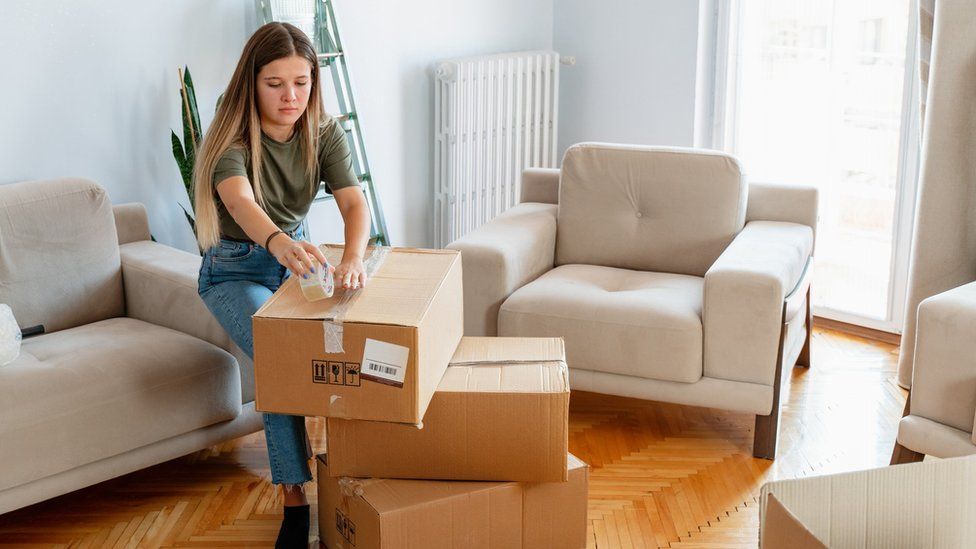London (Parliament Politic Magazine) – More and more people are getting help from their family to buy a house, says a study.
A lot of people are getting money from their family to help them buy a house. This year, about 318,400 houses will be bought with help from family, says a company called Legal & General (L&G).
Almost half of the houses bought by people under 55 will be bought with help from their parents, grandparents, or other family members. L&G says people who don’t get this help might not be able to buy a house. L&G has been studying how families help each other buy houses for seven years. In 2023, more people than ever are getting help from their family to save money for a house.
Alternative Support for First-Time Home Buyers
Before, L&G called this help the “Bank of Mum and Dad.” But now, they call it the “Bank of Family” because other relatives, like grandparents, help too, and families are different from each other.
They found out that families give around £25,600 on average this year to help their loved ones. The total money given will be £8.1 billion. In 2016, when they first looked at this, the total was £5.3 billion.
Another study from Hamptons estate agents and Skipton Building Society shows that brothers and sisters are also giving more money to help. They found that 11% of the people helping others buy their first house are siblings. This is more than double the 5% from five years ago. On average, they give £10,250.
L&G mentioned that the cost of houses has been growing much faster than people’s salaries. Because of the high cost of living and interest rates going up, it’s getting really difficult to buy a house without help from family.
Changes in Government Housing Schemes
Bernie Hickman, the head of Legal & General Retail, said that not only parents but also grandparents, aunts, uncles, and even family friends are helping out more and more. However, he explained that if you’re not getting this kind of family support, it’s even harder to buy a house.
Hickman also mentioned that families are helping in ways other than money. They’re letting their grown-up kids stay at home without paying rent so they can save money for a down payment.
The study showed that one in five people they asked said that without help from their family, they would have to wait more than five years to buy a house. And one in ten said they wouldn’t be able to buy at all.
Hickman said, “If you don’t have family money, it’s like a locked door stopping you from getting your own house for a long time.”
Shared Ownership Options for Buyers
The research also found that in different parts of the country, families were helping in different ways. In London, more than two-thirds of people got help from family to buy a house. On average, they got around £30,200. In the East of England, the average help was even higher, at £32,100.
But in places like the East Midlands and West Midlands, families helped less, around £20,000 to £19,800 on average. Recent studies about housing showed that house prices have been going down in the past few months.
Last week, the Halifax, a bank, said that a normal house in the UK costs 6.7 times the yearly earnings of a full-time worker. That’s better than the record 7.3 times from a year ago.
What Other Ways are There to Help People Who are Buying a House for The First Time?
The biggest government program that supported homebuyers, called Help to Buy, has ended (except in Wales). However, there have been recent reports that the government might restart it.
There are other programs too, like the First Homes scheme. It’s meant to help first-time buyers and key workers who make less than £80,000 a year (or £90,000 in London) buy new houses.
Shared ownership programs let you buy a part of the house and pay rent for the rest. When you can, you can also increase your ownership in the future.
David Hollingworth at L&C Mortgages says these programs are not as big as Help to Buy. Help to Buy made house prices go up, he explains, which makes it harder for first-time buyers to afford homes nowadays.


